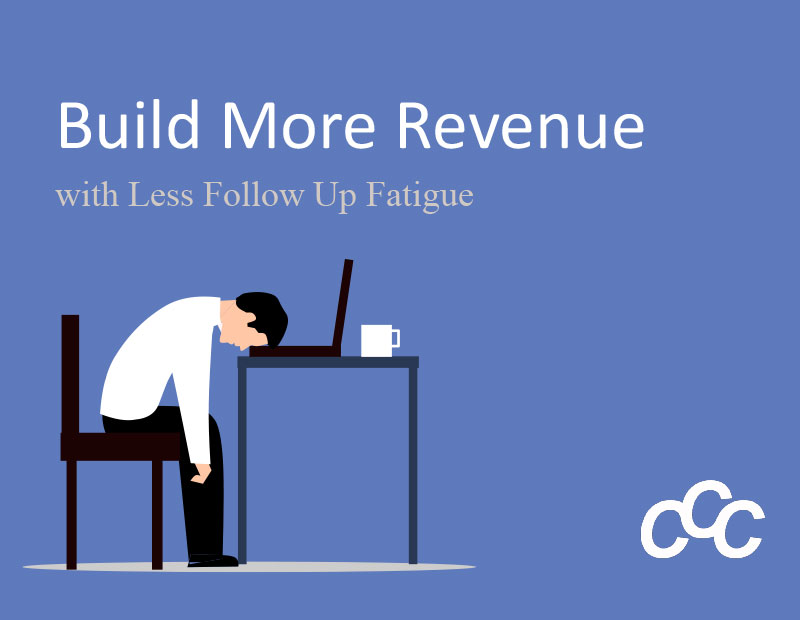There are many reasons why businesses choose not to get a CRM including:
- Cost.
- We are too unique for a cookie cutter.
- They are too limited so we use spreadsheets.
- I know who my leads are.
- Loss of personal touch.
It’s true – not every business needs a CRM so who needs a CRM?
Businesses that want to scale, convert faster,
and use effective sales processes.
A CRM enables salespeople to focus on their best prospects and increase conversion rates.
Why Get a CRM?
Most businesses don’t want a CRM until there is a calamity. For example:
- Your top salesperson leaves with its contacts that were not documented.
- You miss a deadline to submit a proposal.
- Two salespeople submit independent proposals on the same deal.
In each case, your company’s reputation is damaged. Use a CRM to manage and protect your two most critical assets: Your Client List and Prospect List.
Using a CRM to Break a Sales Slump
Atlas Advisory (AA) experienced a sales slump. Over time, the sales pipeline stagnated and follow ups were inconsistent. After an important prospect slipped through the cracks, the sale team asked Laura, the owner, to implement a CRM.
Laura offered many objections but relented when her 2 sales reps said,
“We’re exhausted chasing leads manually.
We dropped the ball and look like amateurs.”
The team specified their needs and identified a CRM specialist to help.
Actions Matter
The specialist configured AA’s CRM to meet the team’s needs. Within 30 days, Laura and her Reps were online. They used the CRM to:
- Set reminders to follow up.
- Track prospects by sales stage using the sales funnel.
- Tag clients and prospects by characteristics.
- Automate prospect messaging.
- See who contacted a client or prospect last.
- Centralize client and prospect emails, notes, and records.
The CRM specialist trained the team to walk before running.
Their Needs
The specialist insisted on several requirements beyond the functional ones. The CRM must:
- Offer flexibility and customization to meet specific needs.
- Ensure company data remains owned by the company.
- Save each sales rep 4 to 8 hours per week.
- Integrate with other company software.
The specialist shared its experiences about the right CRM and recommended X2CRM.
Impact and Results
The team’s dashboard tracked follow up urgency, sales cycle length, and win/loss reasons. Very quickly, meetings focused on A&B prospects and exceptions to expected results.
Within 6 months, the team:
- Increased sales by 40% over the prior 6 months.
- Saved 6 hours per week for Laura and each sales rep.
- Revived 3 dormant accounts using a mix of personal and automated outreach.
- Shortened their sales cycle from 90 to 60 days.
Laura knew her Reps were right. As Lauran said:
“This isn’t just a CRM, It’s how we run our business.”





